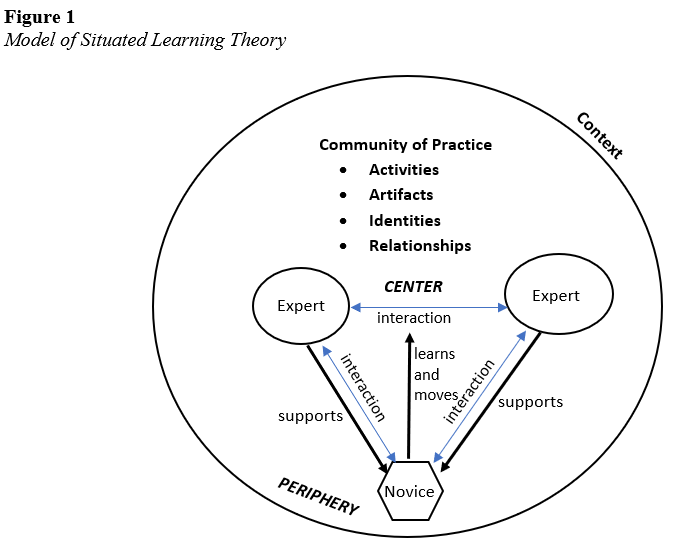I no longer remember when I first came across the term «situated learning» — likely it was in connection to my exploration of theories of experiential learning, starting with Dewey, and continuing through Kolb and Schön & Argyris. But in the past few days I’ve been reading more closely, starting with the excellent introduction on Infed, Jean Lave, Etienne Wenger and communities of practice.
The notion that learning occurs when the learner is placed in situations that closely resemble the situations where the learning is later to be applied, and that this furthermore is part of bringing the learner into a community of practice resonates with my approach to film school education. Effective education at any practice-based film school will always create situations for the students to learn different aspects of filmmaking through practical work in real-world problems. Furthermore, a school such as ours, where the faculty are also active filmmakers, will ensure the students are not only learning through instruction but also by being included in what is most definitely a community of practice.
One question I am wanting to explore further is how this relates to the other educational theories and pedagogical approaches we employ at the school.
[image from “Situated Learning Theory” by Sandra P. Mina Herrera, https://opentext.wsu.edu/theoreticalmodelsforteachingandresearch/chapter/situated-learning-theory/]

